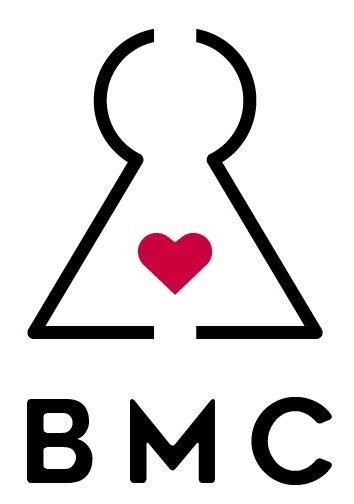About Helplessness
I spend more time on the phone, getting lost in absentminded scrolling through the news. General sense of fatigue is draining, and it feels like deja vu. I have been here before. It is hard to find excitement about the future. Maslow's hierarchy of needs is rapidly demoted from self-actualisation to the basic needs: safety, food and shelter. How does this happen and where are these deeply concerning realities taking us?
In the 60s and 70s psychologists Martin E. Seligman and Steve Meier conducted a research by giving unavoidable electric shocks to dogs and observing how they responded to new situations when shocks were not present anymore. They observed response in three control groups:
Group 1: Dogs strapped into a harness over a period of time without any electric shocks.
Group 2: Dogs strapped into a harness but could find a way to stop electric shocks by pressing a panel. This meant that they needed to figure that out before the shocks would stop..
Group 3: Dogs who were strapped into a harness and couldn't stop electric shocks regardless of what they did.
After placing the dogs into the new environment - a box where they were supposed to jump over obstacles in order to get out, Seligman and Meier realised that the dogs from the third group didn't even try to find the way out of the box while the other two groups did. Thus, dogs helped us to form a theory of learned helplessness:
Learned helplessness, in psychology, a mental state in which an organism forced to bear aversive stimuli, or stimuli that are painful or otherwise unpleasant, becomes unable or unwilling to avoid subsequent encounters with those stimuli, even if they are “escapable,” presumably because it has learned that it cannot control the situation.
In later years, similar experiments were conducted on humans. Like with the dogs, there were three groups and this time, instead of giving shocks, they were exposed to loud noise. The first group didn't have any noise stimulation, the second was exposed to the noise they could stop by pressing a button and the third one with the noise they couldn't stop even when they pressed the button. Guess how the third group responded when circumstances changed? The loud noise was there, the noise controlling buttons were working and they could switch them off any time, but curiously, nobody tried.
Fifty years after and we are collectively facing a myriad of 'non-functioning buttons': two years of COVID, wars, plane crashes, natural disasters and personal tragedies are our new normal. At times I wonder if we were trapped in a social experiment of a sort.
While all of this is real, and the reality can kick hard into gut, I see it of absolute importance not to give up on pressing the buttons. Perhaps not with expectation for immediate change, but instead of learned helplessness, we somehow need to keep focus on learned optimism. As Richard Bach said: Here is the test to find whether your mission on Earth is finished: if you're alive, it isn't.
Signs of learned helplessness are low self-esteem, frustration, passivity, lack of effort or giving up. If you notice fatigue being present in your life, take a moment to acompany the vulnerable part within, address topics that concern you and bring conscious choice to soothe. At BMC we practice Mindful Self-Compassion, it is proven to support people in becoming more resilient, stay motivated at time of hardship by simply offering kindness to yourself when difficulties are present. A self-compassionate voice would say:
You are not alone.
Many around you are experiencing fatigue, anxiety and a sense of being lost.
Feeling like this is a human response to overwhelmingly difficult circumstances.
It's not your fault that this is happening.
You matter.
You are not alone.
A coach might also suggest the following questions:
What are you learning right now?
How is your mindfulness practice coming up? Three minutes can make a difference. Make it small, try.
Have you tried to motivate yourself with self-compassion? Changing the way you talk to yourself can change the way you view the circumstances. How would you talk to your friend if they were feeling what you are feeling now?
Due to COVID, we have cancelled our Equinox and Dali silent retreats. With hope that we can find a space to experience togetherness during May holidays, we will try to gather again in Miyun while monitoring the situation and remaining vigilant in making the right decision based on the following:
1. If there is a case in Miyun;
2. If Beijing has any Mid-risk area and have a * on the “行程码”;
3. If Miyun have more restrictions;
4. If there are new policies on events/ gathering limitations;
5. Any outbreak cases in Dongcheng near BMC and Wildbound.
Find out more about the retreat flow and logistics through the QR code






